Does wellness do more harm than good?
I think by now we are aware of how toxic the diet industry is with its weight loss shakes, appetite suppressing gummies and ozempic shortages. Perhaps even more problematic is the wellness industry, a $4.5 trillion conglomerate that is the “lifestyle change” of dieting.
Wellness is marketed not as being about weight loss but rather “feeling well” - all while promoting only one type of body as the ideal of course - white, slim, toned, able bodied, conventionally attractive. Wellness is dieting wrapped up in bulletproof lattes, paleo or wait was it keto? A deep distrust in western medicine replaces pharmaceuticals with nutritional supplements, IV’s and coffee enemas.
While I am an advocate for functional medicine, herbal medicine and nutritional supplements when used and prescribed correctly, unfortunately a lot of it is unregulated - ‘nutritionist’ and ‘naturopath’ isn’t a protected title in Australia, meaning anyone can call themselves a nutritionist or a naturopath without the qualifications of a 4 year university degree (which in Australia, is a Bachelor of Health Science).
The problem with wellness as a whole is not just the profit over public heath of massive celebrity brands, but the constant reminder that you are not enough. If you haven’t got the latest coffee alternative supplement, the lemon powder for your morning detox (because why just use a real lemon juice when you can buy dehydrated lemon juice in a powder form?) or you don’t infared sauna - you just aren’t doing enough. It will never be enough.
Recently I’m seeing a phenomenon of wellness influencers, both from Australia and the US, who were once known for their juice cleanses, veganism and perfect wellness routines transitioning away from social media, away from dogmatic vegan diets to heal and recover from disordered eating. It’s a slippery slope from being the ‘best version of yourself’ to orthorexia; a relatively new eating disorder that takes being ‘healthy’ to the extreme. I’m happy for them that they have been able to get the help they needed to heal and take care of their mental and physical health, what concerns me is the total lack of accountability that they may have inflicted eating disorders on their 100K or more followers who don’t have access to care. It's a cycle of contributing to the problem of wellness and diet culture, only to become a victim of it yourself.
You have to have privilege to be able to afford the organic produce, supplements and reformer pilates memberships, and the privilege of time - time to prepare and soak grains, time to sauna, time for yourself.
What I am seeing most of all in the last few years is female wellness influencers transitioning away from restrictive (have to be honest - it’s usually vegan) diets and re-introducing animal proteins. I don’t want to speculate on why, it’s clear wellness was not making them healthy. Some of my personal experience with my own clients has been that they have come to me after years of a restrictive dieting and are wanting to improve their relationship with food.
What is most frustrating for health practitioners is when we see wellness trends spread and we KNOW we will be picking up the pieces later when it all falls apart. It’s so disheartening, not just to us but to clients who just thought they were doing the best to try and be healthy, and they’ve ended up worse.
I want the main take-away here to be this:
You are enough.
Just as you are.
There are a few basics to get right for your general health and well being:
Sleep
Housing
Water
Once you are confident you have those, you can move onto
Balanced meals
Movement
Social/Community support
After that it’s a person by person assessment.
I hope this blog doesn’t come across too harsh, I do hope that wellness influencers can see the privilege that they have and choose to use it for good. There is nothing wrong with branding yourself and making money, but please - no more one size fits all approach!
If you are struggling with disordered eating or this has brought something to your mind that you feel you might want to work on, please get in touch. You can also visit the butterfly foundation for free resources, or see your GP for a referral for a mental health care plan with a specialised eating disorder psychologist.
Love,
Ellie
